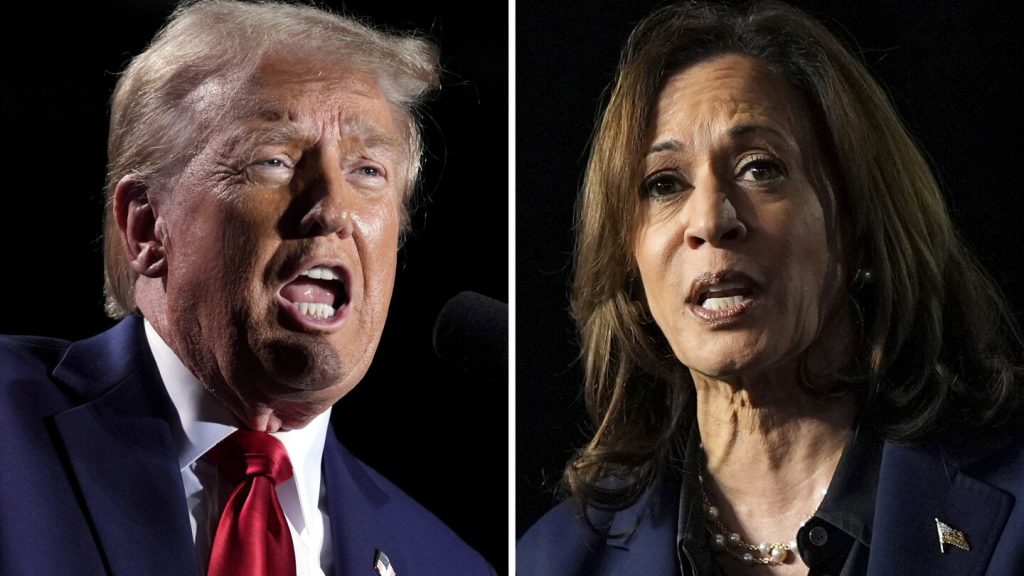Less than two weeks before Election Day, The Washington Post made the surprising announcement that they would not be endorsing a candidate for president in the current election, as well as in future elections. This decision was met with both praise and criticism, with former executive editor Martin Baron condemning the move as “cowardice” and a blow to democracy. The Post’s current publisher, Will Lewis, defended the decision as consistent with the paper’s values and a faith in their readers’ ability to make informed decisions.
The decision to refrain from endorsing a candidate reflects a larger trend in American newspapers, with several major outlets, including the Los Angeles Times and the Minnesota Star Tribune, also announcing similar moves. The decline in editorial endorsements is attributed to a desire to avoid alienating readers and subscribers, as well as concerns about adding to the country’s political division. The Post, which had a history of endorsing candidates starting in 1976, cited a return to their tradition of not endorsing candidates as the rationale for their decision.
The timing of the Post’s announcement coincides with a challenging period for American newspapers, particularly in the face of shrinking local news coverage and evolving reader habits. The media landscape has been further complicated by the rise of misinformation and the changing dynamics of political coverage in the digital age. President Trump’s ongoing attacks on the media, including recent threats against CBS, have added to the challenges faced by news organizations, leading to increased efforts to combat misinformation ahead of Election Day.
The decision by The Washington Post to refrain from endorsing a candidate has sparked intense debate and criticism, with many commenters expressing disappointment and frustration with the paper’s choice. The decision has also raised questions about the role of journalism in shaping public opinion and holding political leaders accountable. As the election draws near, the media’s role in providing accurate information and fostering public dialogue becomes increasingly crucial, particularly in a deeply divided political climate.
While the lack of endorsement from The Washington Post may have surprised some, it is a reflection of broader shifts within the media industry and a desire to uphold journalistic integrity and independence. As newspapers grapple with economic challenges and changing reader preferences, the decision to abstain from endorsing candidates may be a strategic move to maintain credibility and trust with their audience. The impact of this decision, both on the 2020 election and on the future of political journalism, remains to be seen.


